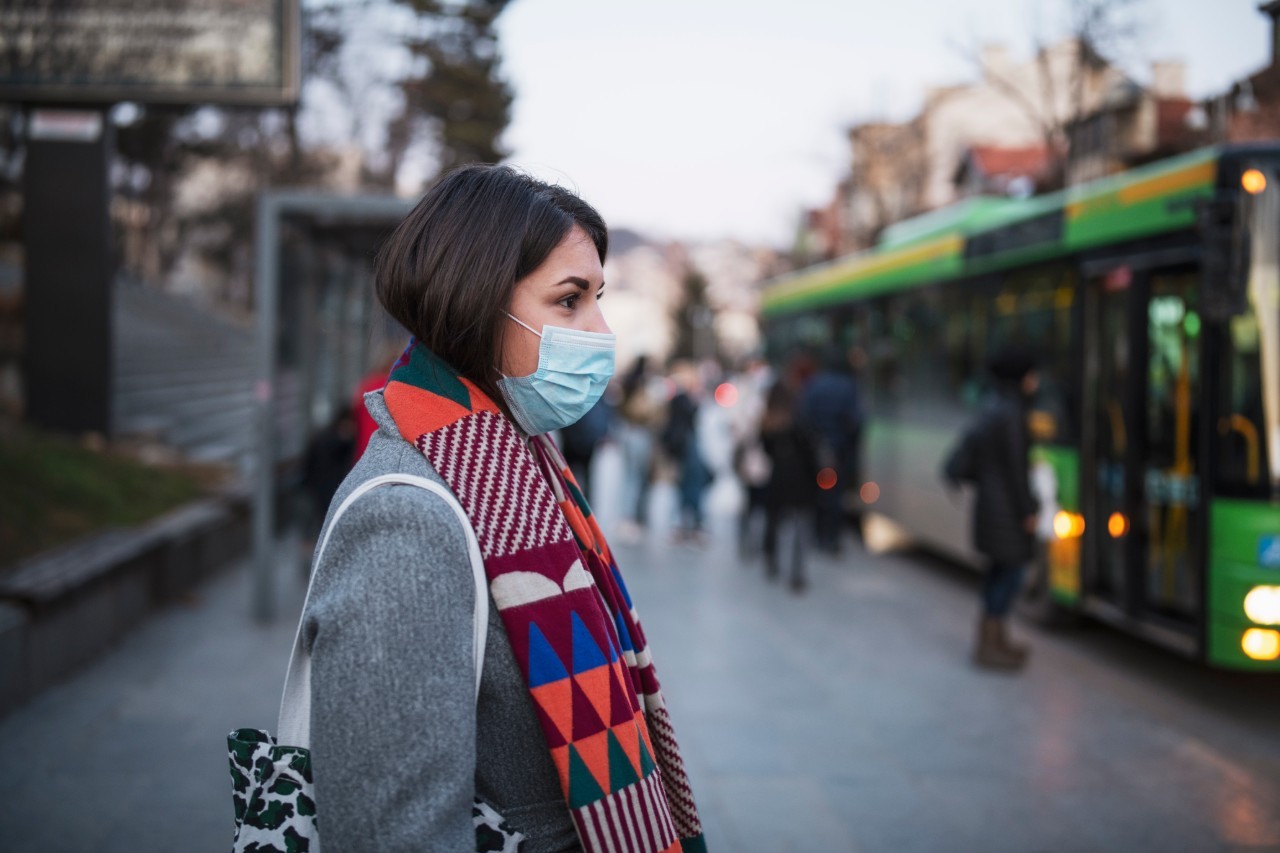For as long as Nancy Damato can remember, smell and taste have been interwoven into her very being. These senses bring up memories of large Italian dinners with her family every Sunday, and the feast of the seven fishes every Christmas Eve. A self-professed foodie, she enjoys visits with her stepson who is a top chef in New York. She collects perfumes and as an avid yoga enthusiast, she enhances her practice with essential oils. “In what seemed like a nanosecond, all of this was taken away without a trace.”
Damato was one of thousands infected by the novel coronavirus during the first wave of the pandemic. She initially considered herself lucky — with mild symptoms, she continued her daily yoga routine and worked from home. But a few days into her quarantine, she realized she couldn’t smell her morning coffee or taste her food. Alarmed, she called her doctor and discovered she was experiencing a phenomenon known as anosmia.
Since the beginning of the COVID-19 pandemic, over 96 million Americans have been infected with the coronavirus. With the earliest variants of the virus, loss of smell or anosmia, was one of the first signs. Although this symptom has become less common with more recent variants like omicron, it is estimated that 27 million people are still experiencing long-term anosmia.
David Rosen, MD, an otolaryngologist at Jefferson Health, has been studying and treating anosmia for over two decades, but has never seen it at this scale. “Before COVID-19 hit, I would see one or two patients with anosmia a month,” he says. “Now I see three or four patients per day.” He has long searched for a treatment for anosmia and other smell disorders. In 2019, he and his team began investigating a tool called platelet-rich plasma (PRP), which is thought to help regenerate the cells in the nose that enable us to smell. Little did he know that just a year later, anosmia and this treatment would be thrust into the spotlight.
Damato came across an article on Dr. Rosen’s study, and it felt like a lifeline. She was told by her doctor that her senses would return after two weeks — but the time came and went, and she began desperately looking for ways to regain her senses. She reached out to Jefferson Health just in time — the clinical trial was still enrolling patients. Her and Dr. Rosen’s journey offers hope to millions of patients still looking to restore the vital sense of smell and shines a light on a condition that has long been poorly understood.

